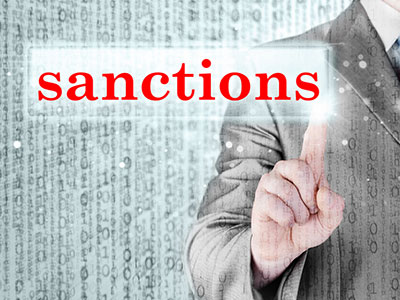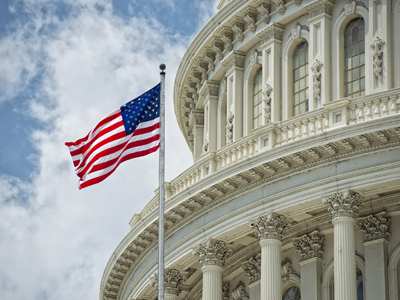You may have missed it this past weekend, but reports indicate the United States is considering sanctioning Chinese companies and individuals who have benefited from their government’s alleged cyber hacking of U.S. trade secrets. The Washington Post, quoting unidentified officials, states the “unprecedented” package of sanctions is part of a larger strategy to expand the “administration’s public response to the rising wave of cyber-economic espionage initiated by Chinese hackers” and to confront malicious cyber actors. READ MORE
U.S. Considers Sanctions Against China For Cyber Hacking And Trade Secret Misappropriation











